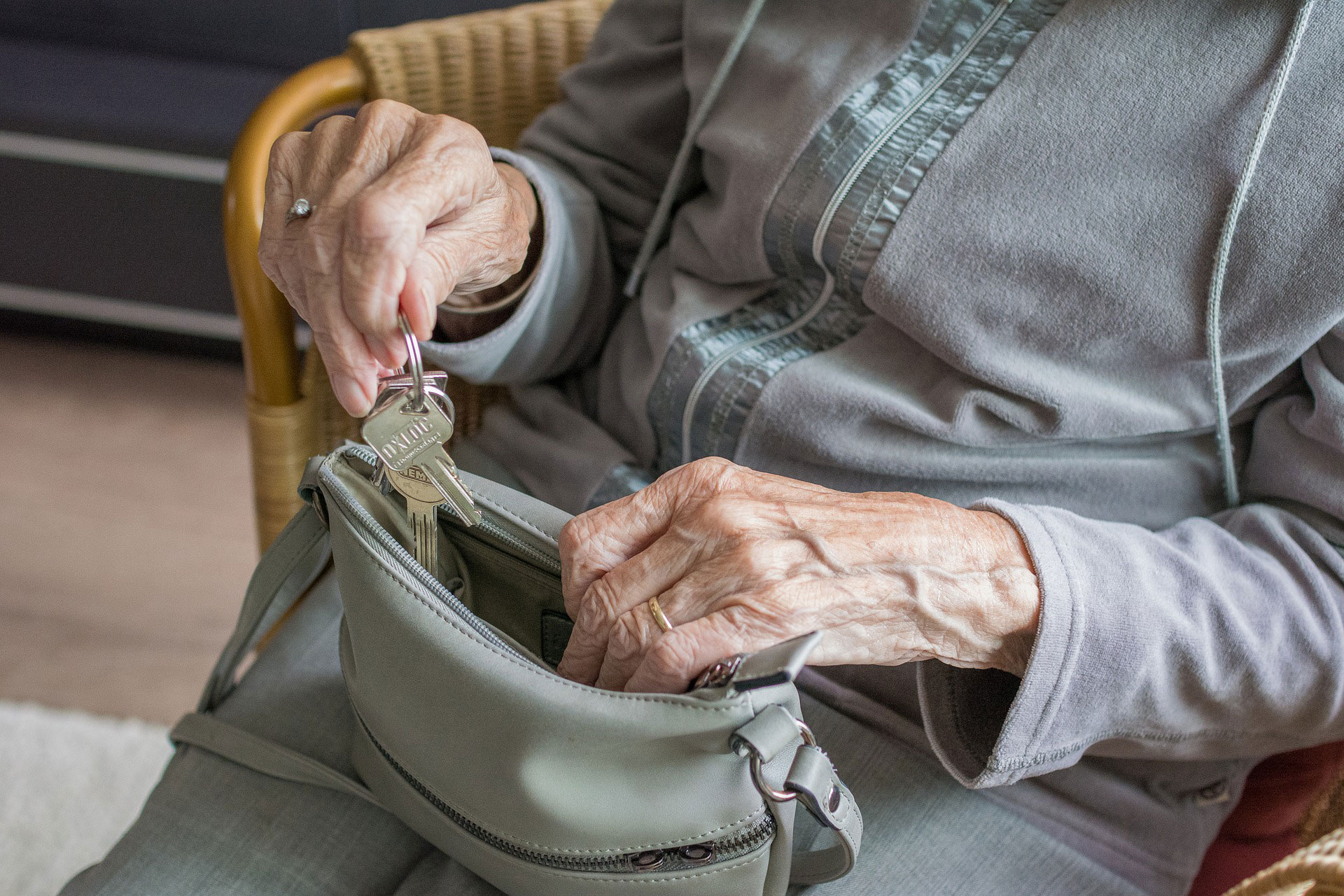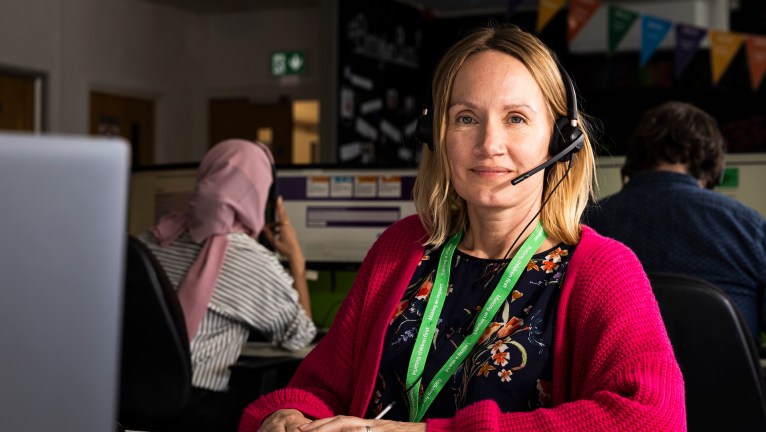Being scammed can be the last straw for some. Cheating people out of money they can ill-afford to lose can result in being unable to buy food or pay the bills – and can even lead to homelessness. Fraudsters can also wreak emotional and psychological havoc upon vulnerable members of our communities. It especially hurts those already struggling with loneliness or isolation.
The resulting sense of shame and helplessness undermines both trust and self-confidence among the victims of financial abuse. It can be the event that tips someone from independent living into residential care.
It is shocking to realise that scamming and other forms of financial abuse are among the UK’s ‘growth industries’, estimated to cost victims tens of billions of pounds each year. Face to face robbery is increasingly replaced by stealing money by post, telephone or on-line, as well as unscrupulous tradespeople exploiting vulnerable people at their own doorsteps.
Fraudsters act to hurt vulnerable adults by stealing their money, their health and their sense of dignity. Community nurses try to safeguard those in their care
When most people think about scamming, they understandably see it as a matter for the police, consumer protection groups and trading standards. While each play a crucial role, they mostly intervene after the fact and focus on the financial side of the abuse.
Few have considered the important roles of community-based nurses – including (until recently) nurses themselves. Thanks to important work by Prof Keith Brown and Dr Sally Lee at Bournemouth University, there are now very helpful resources for community nurses to extend their safeguarding work to include scamming and related financial abuse of adults who, for a variety of reasons, are particularly vulnerable to being cheated.
With the support of the Burdett Trust for Nursing, the resources from Bournemouth University have been rolled out in Scotland through an event hosted by the Queen’s Nursing Institute Scotland (QNIS). Together, with colleagues from agencies across Scotland we are unleashing the potential of community-based nurses to both prevent this type of abuse and help victims overcome the harm.









